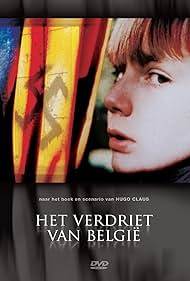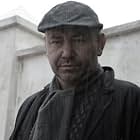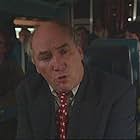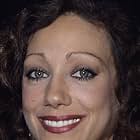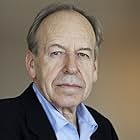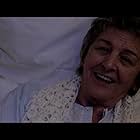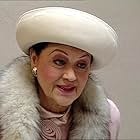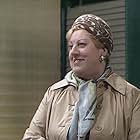Browse episodes
Photos
Storyline
Featured review
I remember the film adaptation of Hugo Claus's "The Sorrow of Belgium" quite well. Sunday evening, December 1994. The premiere was a heavily mediated event with broadsheets containing interviews with Hugo Claus and Claude Goretta. Flemish families were hooked on the television and were entranced by the angelic appearance of Mathias Engelbeen (silverblond, long eyelashes, you know the type), who makes an endearing Louis Seynaeve, epitomizing (and romanticizing) Flemish boyhood. Apart from this cuteness, however, the film has little to offer. Hugo Claus's novel investigates the psyche of an adolescent who discovers his true identity in a society that is first scourged by catholic propaganda, then by Nazi propaganda and finally by American gung-ho. Hugo Claus has always been keen to incorporate some Freudian ideas into his works and "The Sorrow of Belgium" establishes a link between unresolved oedipus complex and totalitarian thinking in fear of "The Other". As Louis struggles with his obsession for the mother, Flanders sees the German occupation as an opportunity to restore its 'natural condition' but finds its ambitions quashed by the restoration of Belgium in 1945. Castration anxiety operates at two levels; Louis' confusion is that of his country. After some flirts with catholic orthodoxy and Hitler Youth, Louis realizes that the obsessive quest for purity is always a death-dealing illusion and he abandons his childhood haunts and hang-ups as he decides to become a writer, thus replacing the modernist imperative of truth-seeking and purity by postmodern deconstruction. The film falls short of conveying this message. The script is an insult to the novel, all propped up by a band of Flemish well-known actors, Marianne Basler as the object of oedipal love, and bad sync to boot.
Details
- Color
Contribute to this page
Suggest an edit or add missing content

